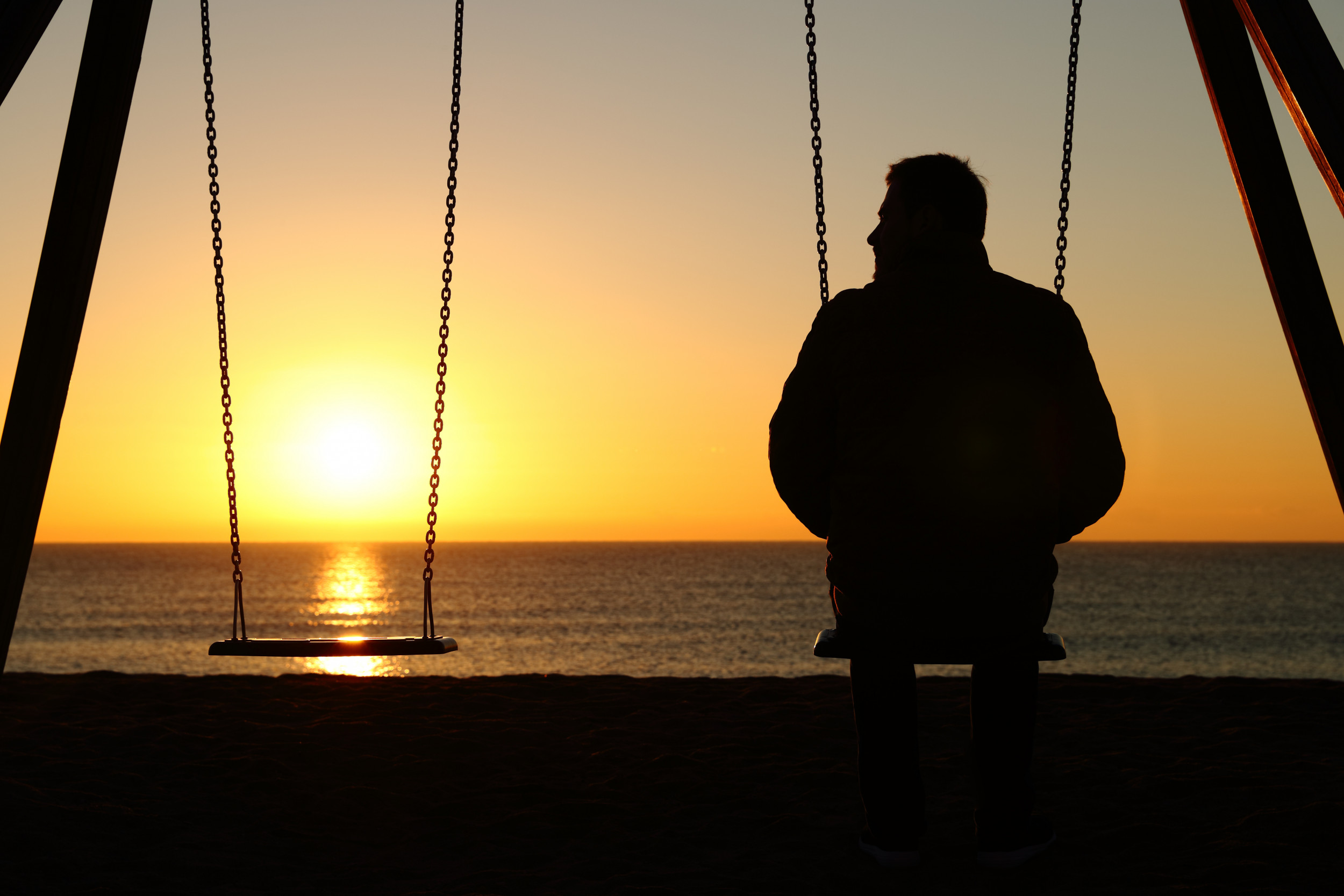
[ad_1]
As governments around the world push to get their populations vaccinated against COVID and fully reopen their economies, those who refuse the vaccine could see their relationships and employment opportunities affected.
Concerns about vaccine safety have been exacerbated by the spread of misinformation, while some view the issue of vaccine refusal as a key matter of personal choice.
Whatever their reasons for refusing the vaccine, those who remain unvaccinated could face consequences other than the risk of COVID itself. In the United States, jobs can be at risk if employees are not vaccinated, while their social and family lives could also be affected.
Some large companies, including Facebook and Google, have already said they will require employees to be vaccinated, while CNN fired three employees this week for walking into its office without being vaccinated.
Some of the country’s best-known companies impose vaccine requirements or seek information on vaccine status.
New vaccine requirements and recent layoffs at CNN may be a foretaste of a potential crackdown on unvaccinated employees as many workplaces try to get back to normal.
While some questions remain about the legality of firing employees because of their immunization status, most legal experts argue that it is allowed.
New York-based residential real estate firm the Durst Organization has said it will lay off employees who do not get vaccinated by September 6, although this will only apply to non-union workers.
The vaccination and employment problem has been particularly acute in hospitals, with six unvaccinated employees fired in New Jersey and 150 unvaccinated staff in Houston, Texas resigning or being laid off.
Delta Airlines and United Airlines now require new employees to provide proof of vaccination.
Goldman Sachs will require employees to disclose their immunization status, but the investment bank has refrained from requiring proof, while JP Morgan Chase has asked employees to provide their immunization records through an internal portal.
Morgan Stanley has banned unvaccinated staff and visitors from its New York City offices and Walmart will require all employees at its corporate headquarters to be vaccinated by October 4.
Morgan Stanley will allow the unvaccinated to continue working from home, but it remains to be seen how long companies will allow unvaccinated people to work remotely, when that option is not available to all categories of workers.
Beyond the workplace, there are indications that a person’s immunization status could also affect their social relationships, with a large percentage of Americans saying they will avoid unvaccinated people.
A May survey by MyBioSource.com, a biotech distribution company, found that on average 48% of people would avoid unvaccinated people, although the figure varied widely from state to state, reaching 65. % in Maryland, but it was just 11 percent in Idaho.
Risk of losing friends
Friends Star Jennifer Aniston recently made headlines for saying she lost friends because they would not get vaccinated or disclose their status, but evidence suggests this phenomenon is not just something. something that Hollywood stars experience.
A recent example is Sebastian Shemirani, the son of a British woman who has widely publicized the COVID conspiracy theories. He spoke out against her and demanded that she be arrested. His mother, the former nurse Kate Shemirani, compared medical staff administering COVID vaccines to Nazi war criminals.
Less dramatically, unvaccinated people might be left out of events like dinners or family receptions. SCS This morning Co-host Gayle King said last month she would not allow unvaccinated family members to come to Thanksgiving.
In June, Canada Globe and Mail reports tensions within families over issues such as unvaccinated parents holding newborns or partially vaccinated friends traveling with those who are still unvaccinated.
Some couples have demanded COVID testing or vaccination for guests attending weddings, while advice on how to deal with potentially unvaccinated guests has proliferated online.
According to the Centers for Disease Control and Prevention (CDC), 70.4% of people over the age of 18 in the United States have received at least one dose of the vaccine, while 60.8% are fully vaccinated.
As these numbers continue to rise and people try to return to pre-pandemic life, unvaccinated people could potentially see their social and professional lives curtailed.

Getty Images
[ad_2]
Source link